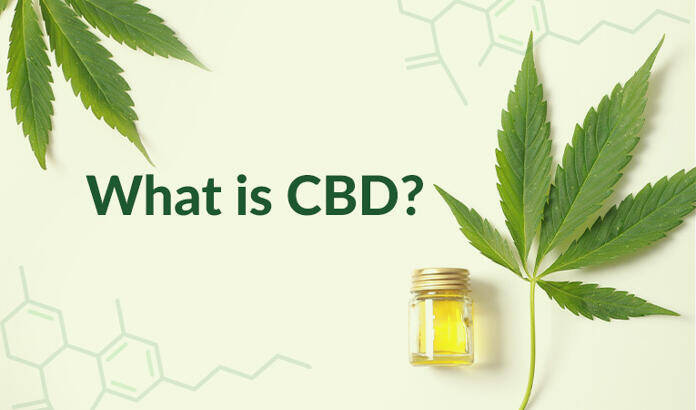
What is CBD?
CBD, or cannabidiol, is a naturally occurring compound found in the cannabis plant. Unlike its counterpart THC, CBD is non-psychoactive, meaning it doesn’t produce the “high” typically associated with cannabis use. Instead, CBD is celebrated for its potential therapeutic properties.
The Science Behind CBD
CBD interacts with the body’s endocannabinoid system (ECS), a complex network of receptors that play a crucial role in regulating various physiological processes. By interacting with cannabinoid receptors, CBD influences functions such as pain perception, mood, appetite, and sleep.
Potential Benefits of CBD
CBD has garnered attention for its wide-ranging potential benefits:
- Pain Relief: CBD exhibits analgesic properties, making it effective in managing both chronic and acute pain conditions.
- Anxiety and Stress Reduction: CBD has shown promise in reducing anxiety and stress levels, promoting relaxation without the intoxicating effects of THC.
- Sleep Improvement: Many users report improved sleep quality and duration after incorporating CBD into their wellness routines.
- Neuroprotective Properties: Studies suggest that CBD may have neuroprotective properties, potentially benefiting those with neurological disorders such as epilepsy or Parkinson’s disease.
Exploring CBD Products
CBD is available in various forms, including oils, tinctures, edibles, topicals, and capsules. Each product offers unique benefits and methods of consumption, catering to individual preferences and needs.
Conclusion
CBD is a versatile compound with promising therapeutic potential. From pain relief to anxiety management, its benefits are vast and continue to be explored by researchers and consumers alike. Understanding CBD empowers individuals to make informed choices regarding their health and wellness.